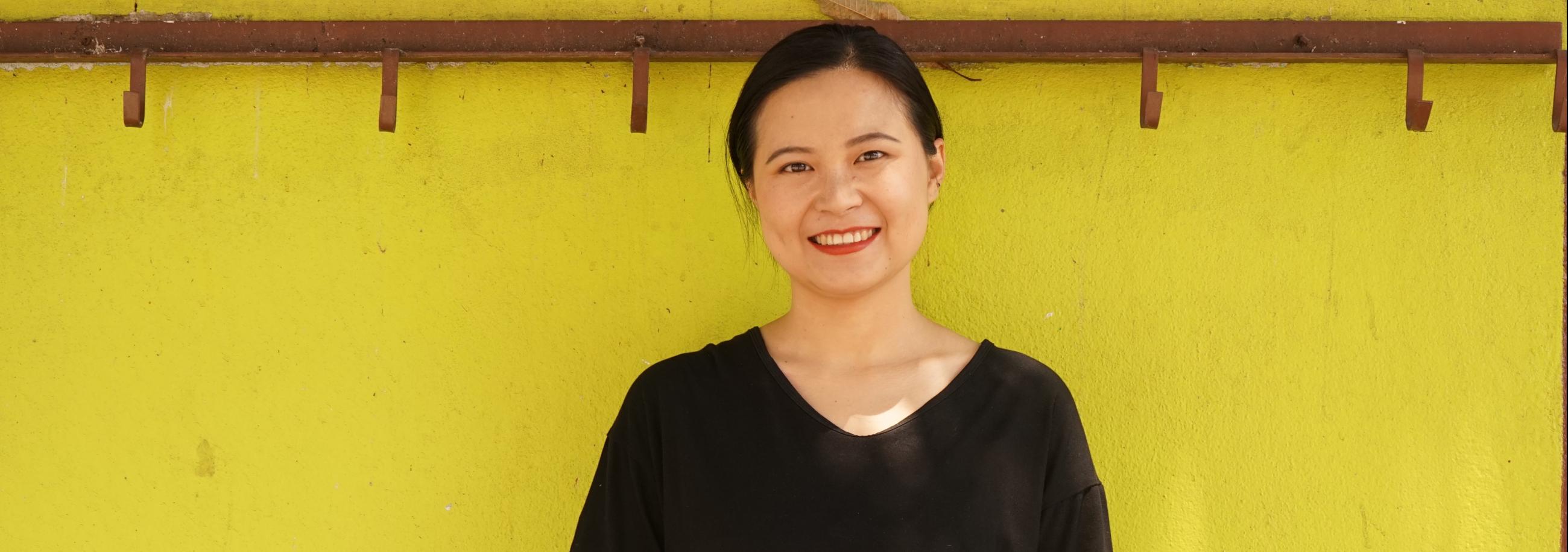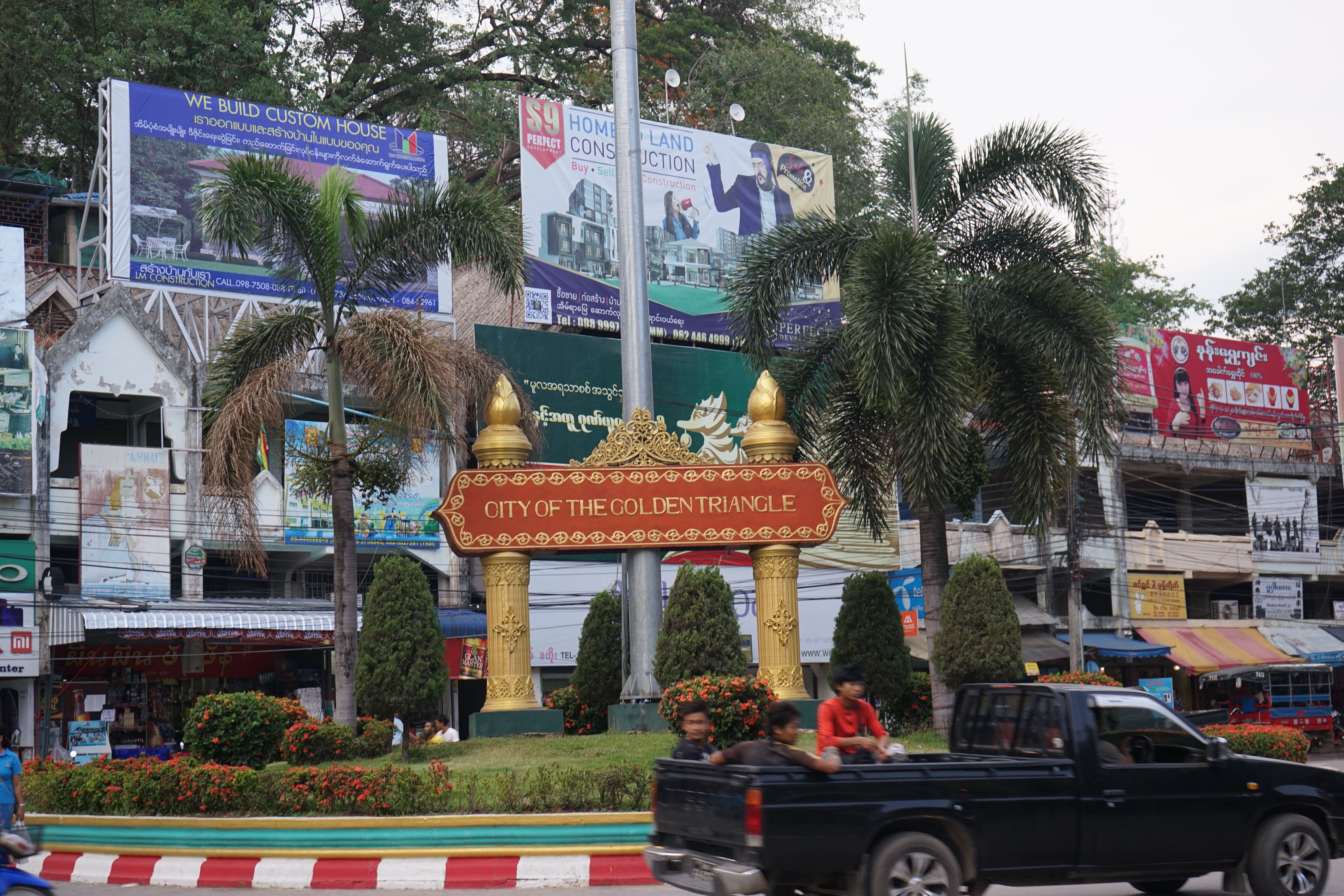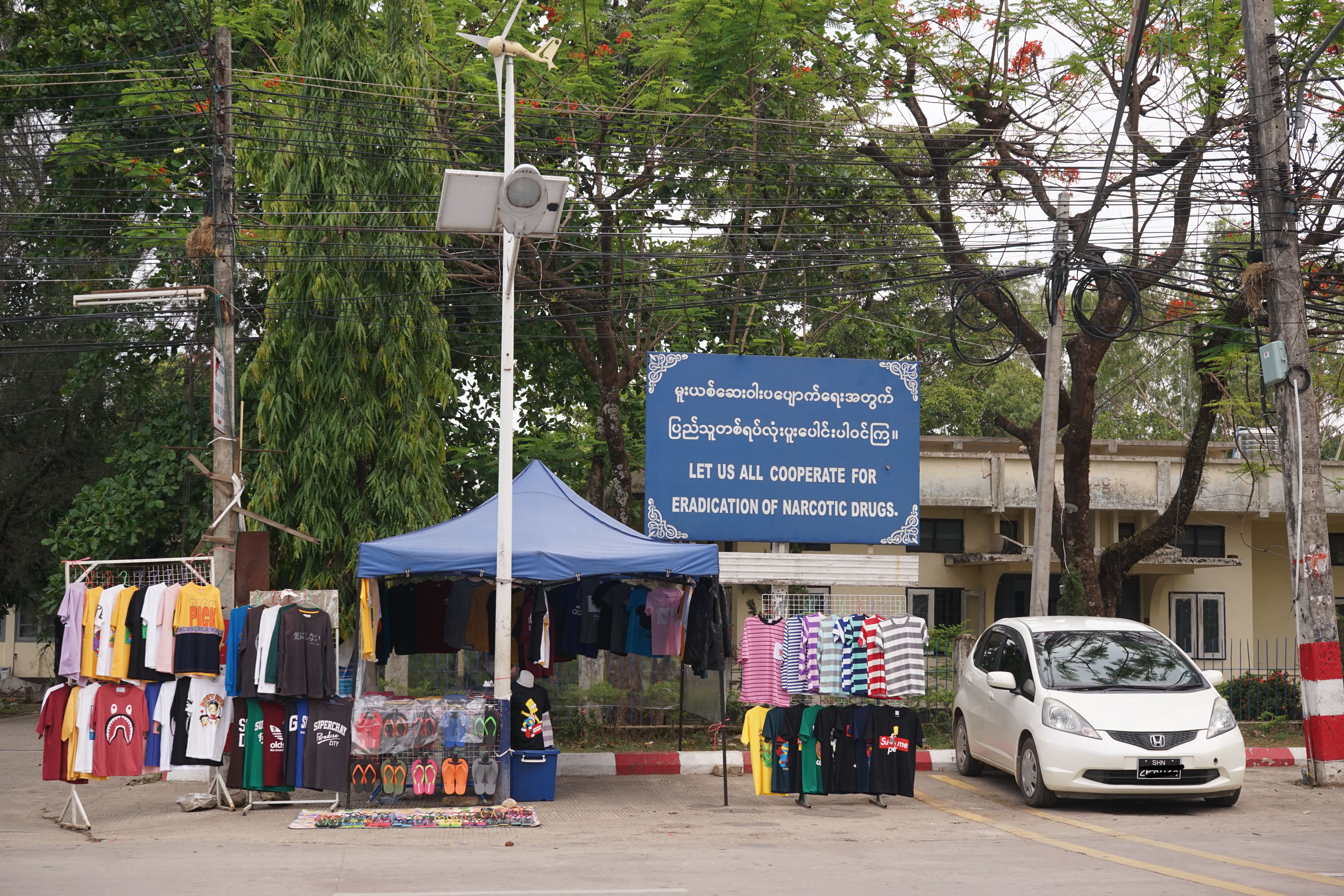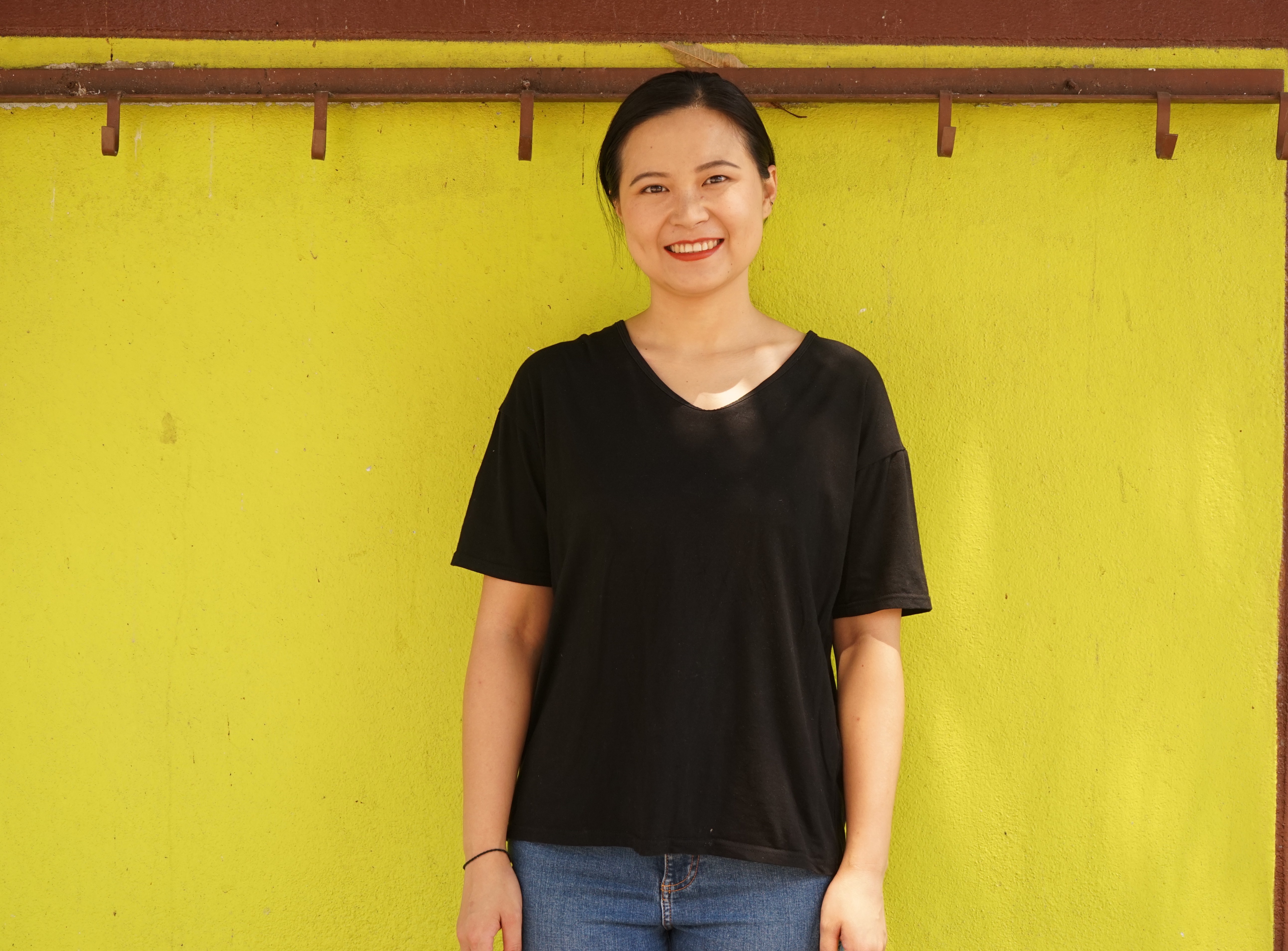Interview with Yi Yang
Yi Yang is a visiting doctoral student at the School of Humanities. She is doing her PhD programme in Anthropology. Before arriving to Tallinn, she had conducted over 15 months of ethnographic field research in the town of Tachilek, on the Myanmar side of the Myanmar-Thai border. Tachilek, also known as “the core city of the golden triangle”, is a notorious smuggling hub and a key centre of international drug trade networks.

What is your research about? How will the results impact the field of research and society?
I am interested in how to understand the ambivalence of what is happening in the borderland of northern Myanmar between the ongoing civil war, drug trafficking, illegal economy, violence etc. and the influx of immigrants and emerging border boomtowns. While many researchers have studied the relations among armed conflicts (il)legal economy, and state-building on Myanmar border area, significantly less attention has been paid to exploring the everyday moral and economic lives of borderland communities in the area. From my fieldwork in Tachilek, I explored how do people understand the (il)legality, (ir)rationality, and (im)morality of their economic behaviour, and how do social networks combine or break down in the processes of market assembling on Myanmar borderland society. I aim to offer some “local knowledge” toward economic conceptions that have been negotiating by different border actors to understand the development ambivalence of Myanmar border boom towns,and aim to understand the deep social reasons why peace and development have not kept pace with each other on Myanmar border.


Why did you choose this topic?
This topic has been driven by my strong desire of getting to know Myanmar. In China, I often read reports about war and drug issues in northern Myanmar. Those reports made readers imagine Myanmar border area as a dangerous place where is rife with violence and criminal activities. As a student of anthropology, I want to know what is actually happening there, and how do people there understand their own lives. And I want to use ethnographic research to offer readers a deeper understanding of the problems in northern Myanmar borderland society and the lives of ordinary people there.
Why Tallinn University?
After I had finished my fieldwork and archive collecting, I started writing my dissertation. In order to flesh out my arguments, I felt the need to develop my abilities to analyse fieldwork data as well as my writing skills. That is why I applied to come to Tallinn University under the supervision of Prof. Karin Dean and Prof. Alessandro Rippa. And I am grateful for Dora plus scholarship committee that gave me this opportunity to come to Tallinn. Both Prof. Dean and Prof. Rippa have several years of experience in the field of border study and have both conducted extensive research at the Myanmar borderlands. Their academic thinking and research experience on the study of cross-border(ing) practices and flow of commodities across national boundaries can be of great help for my research. Furthermore, Dr John Buchanan, a major expert on the topic of opium cultivation and drug smuggling at the Myanmar-Thailand-China borderlands, is also here as a research fellow. I think Tallinn University is a renowned centre for studies of Myanmar and cross-border dynamics. It is just the ideal place for my work.
How do you plan to organise your research in Tallinn?
I think I'll spend a lot of time reading and writing. I plan to finish the first draft of my doctoral dissertation under the guidance of Prof. Dean, Prof. Rippa, and Dr Buchanan during my visit to Tallinn University. And it is so exciting that we set a “Myanmar reading group” recently!
In addition, I am happy that Tallinn University offers visiting students the opportunity to take courses here. I am planning to take one or two courses in the coming semester.
